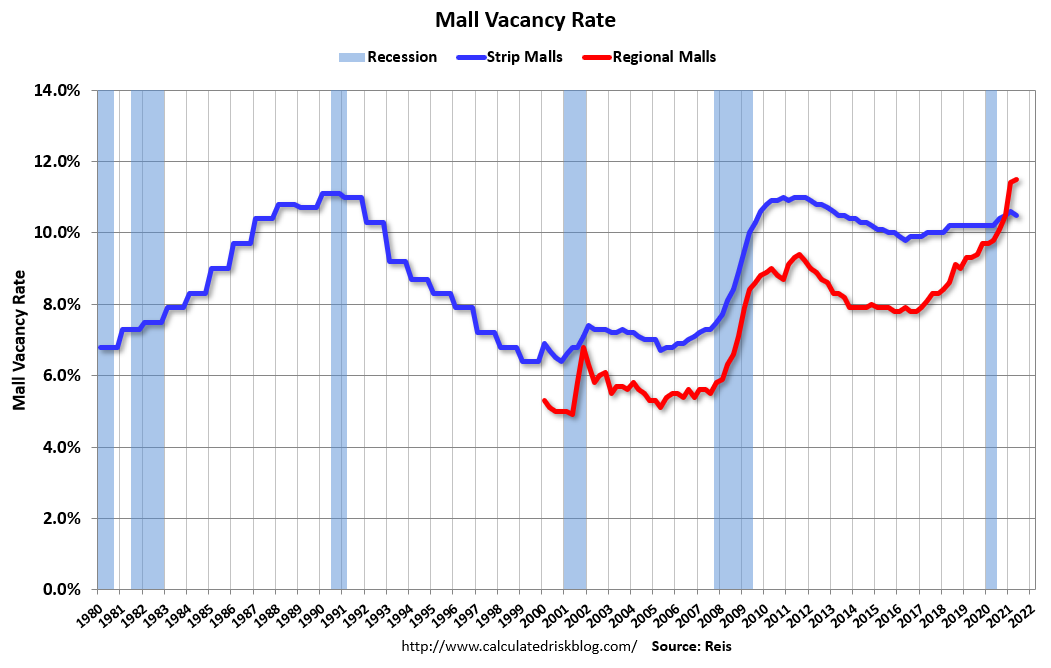Thursday, September 9, 2021
Please note that in order to view the content for the
Bankruptcy Headlines
please
log in
if you are already an ABI member, or otherwise you may
Become an ABI Member
Friday, September 3, 2021
Please note that in order to view the content for the
Bankruptcy Headlines
please
log in
if you are already an ABI member, or otherwise you may
Become an ABI Member
Thursday, September 2, 2021
Please note that in order to view the content for the
Bankruptcy Headlines
please
log in
if you are already an ABI member, or otherwise you may
Become an ABI Member
Thursday, September 2, 2021
Please note that in order to view the content for the
Bankruptcy Headlines
please
log in
if you are already an ABI member, or otherwise you may
Become an ABI Member
A bill to extend the moratorium on residential evictions, and for other purposes.
Saturday, July 31, 2021
Wednesday, September 1, 2021
Please note that in order to view the content for the
Bankruptcy Headlines
please
log in
if you are already an ABI member, or otherwise you may
Become an ABI Member
Wednesday, September 1, 2021
Please note that in order to view the content for the
Bankruptcy Headlines
please
log in
if you are already an ABI member, or otherwise you may
Become an ABI Member



